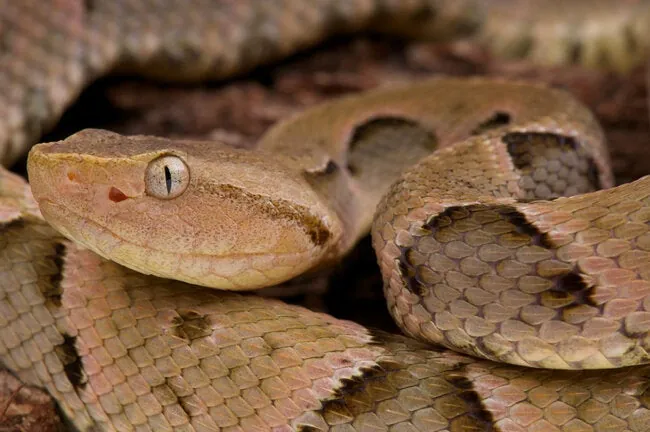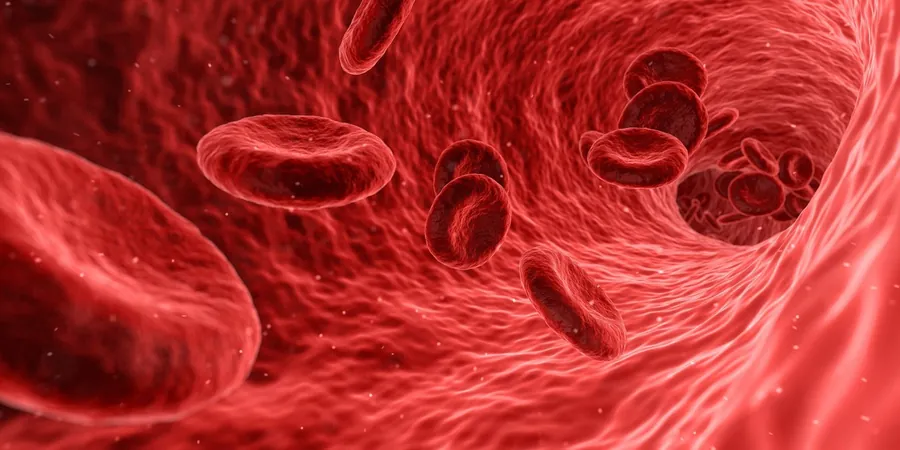
A Unified Front: Latin America Tackles Venomous Animal Accidents
2025-08-22
Author: John Tan
In a groundbreaking initiative, countries throughout Latin America and the Caribbean are joining forces to combat the escalating health crisis caused by venomous animal encounters. Each year, incidents involving snakebites, scorpion stings, and encounters with dangerously venomous spiders and caterpillars claim hundreds of lives and inflict permanent disabilities on thousands, predominantly affecting rural and indigenous populations.
On August 21-22, the Pan American Health Organization (PAHO) hosted the inaugural REDPEVA meeting at São Paulo's Butantan Institute, marking a significant step in developing a regional strategy. Dr. Jarbas Barbosa, PAHO's Director, emphasized the urgency of a unified approach to prevent 'needless deaths and disabilities' stemming from these dire situations.
A Hidden Health Crisis
The numbers paint a grim picture. Over 57,000 snakebite cases are reported annually in Latin America and the Caribbean, but this number is likely just the tip of the iceberg due to severe underreporting in remote regions. Between 2021 and 2024, cases of scorpion and spider envenoming surged, showcasing a staggering rise in dangerous encounters.
Each year globally, snakebites affect over 5.4 million people, resulting in more than 80,000 deaths and leaving triple that number facing lifelong disabilities. Dr. Barbosa noted that climate change is intensifying the crisis by altering habitats and bringing vulnerable communities into contact with venomous species.
A Roadmap for Action: REDPEVA's Vision
The REDPEVA meeting established essential priorities for the region's strategy: fostering a collaborative network for sharing knowledge, leveraging technology to identify high-risk zones, standardizing monitoring systems, and enhancing access to antivenoms. Additionally, PANAFTOSA unveiled new guidelines focused on snake envenoming treatment coupled with an online training program to empower healthcare professionals.
This regional initiative coincides with a global push to tackle snakebite envenoming, a neglected health challenge recognized by the WHO. In 2018, a WHO resolution called for a 50% reduction in snakebite deaths by 2030, followed by the launch of a Global Strategy for Prevention and Control.
Raising Awareness, Saving Lives
To further this cause, International Snakebite Awareness Day, celebrated on September 19, serves as a platform to highlight the scale of the snakebite crisis, particularly in underserved populations. REDPEVA stands as the first formal coordination effort addressing venomous animal accidents, an often-overlooked aspect of public health policy.




 Brasil (PT)
Brasil (PT)
 Canada (EN)
Canada (EN)
 Chile (ES)
Chile (ES)
 Česko (CS)
Česko (CS)
 대한민국 (KO)
대한민국 (KO)
 España (ES)
España (ES)
 France (FR)
France (FR)
 Hong Kong (EN)
Hong Kong (EN)
 Italia (IT)
Italia (IT)
 日本 (JA)
日本 (JA)
 Magyarország (HU)
Magyarország (HU)
 Norge (NO)
Norge (NO)
 Polska (PL)
Polska (PL)
 Schweiz (DE)
Schweiz (DE)
 Singapore (EN)
Singapore (EN)
 Sverige (SV)
Sverige (SV)
 Suomi (FI)
Suomi (FI)
 Türkiye (TR)
Türkiye (TR)
 الإمارات العربية المتحدة (AR)
الإمارات العربية المتحدة (AR)